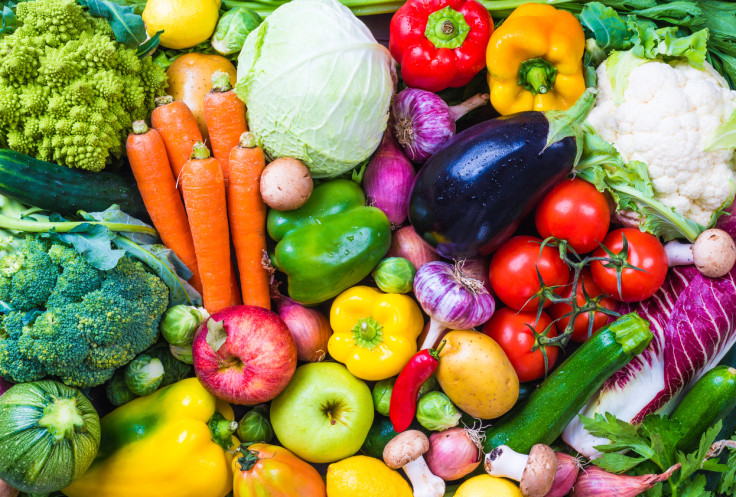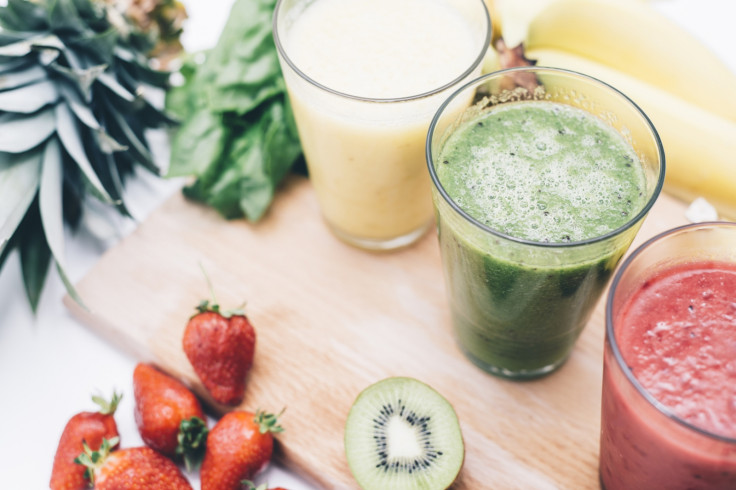What is clean eating and what is orthorexia nervosa?
Avoiding processed foods is wise but clean eating can sometimes go too far.

There are more than 28 million Instagram posts on clean eating, a plethora of "wellness" bloggers and an ever-increasing number of delis and shops catering for plant-based, gluten-free, high-protein diets and more. But what is clean eating?
It is, in principle, a simple concept. There are no exact "rules" but the idea is to think more about where your food is coming from and to eat more "whole" foods – those that are not processed or refined and are in a natural state.
Processed foods include the obvious – potato waffles, chicken nuggets, microwave meals – but depending on the clean eater, they can also include supermarket bags of pre-cut vegetables. Some people forego meat from the supermarket, or meat and dairy products such as eggs and milk entirely.
An increasing number of people are turning vegan – for a variety of reasons, varying from personal health and dietary requirements to animal welfare – which means they refrain from eating meat and eggs, dairy and other animal-derived substances.

Other forms of clean eating that are becoming increasingly popular include eating raw vegetables and spiralising – cutting vegetables in a certain way so they mimic the role of a carbohydrate in a meal, such as "courgetti" or "zucchini noodles". This is usually done as part of a low-carb diet, which can help with weight loss, although research shows this is not normally sustainable in the long-term.
Other popular trends include juicing – extracting the juice from fresh fruit or vegetables – and smoothies. If made from fresh produce, this can be a quick way to your daily recommendation of veg, but nutritionists have warned juices and smoothies contain less fibre than eating the fruit or veg whole. Bottled smoothies, although marketed as healthy, can contain as much sugar as fizzy pop.
What is a gluten-free diet?
More people are turning to gluten-free foods. Gluten is a mixture of proteins found in wheat and other grains, such a barley and rye, which give elasticity and strength to food products to hold them together. Gluten is found in bread, pasta, cereals and biscuits as well as processed foods such as ready meals and sausages.
Some people are sensitive to gluten but around one in 100 people have coeliac disease, an autoimmune condition in which the immune system mistakes substances found inside gluten as a threat to the body and attacks them. It causes abdominal pain, bloating and diarrhoea.
A number of people avoid foods containing gluten because they believe it is bad for their health. Around 13% of the UK avoid it according to the research company Mintel. Going gluten-free has been popularised by the likes of Gwyneth Paltrow, but NHS experts have said gluten is rarely to blame for illness and avoiding it has few health benefits.

Is clean eating healthy?
It is obviously healthy to eat fresh fruit and vegetables and avoid heavily-processed foods, such as microwave meals, which are often pumped full of additives, sugar and salt. However there are mixed opinions on whether all aspects of clean eating are healthy.
Sophie Medlin, a lecturer in dietetics and nutrition at King's College London, said there has "never been any agreement on what it really means or any comprehensive studies examining the potential benefits of a clean eating lifestyle as a whole".
Dietitians have warned that avoiding certain types of food, such as gluten or carbohydrates, may mean missing out on nutrients. Chloe Miles, a spokesperson for the British Dietetics Association, told IBTimes UK it was important to have a balanced diet.
"Starchy carbohydrates should make up 1/3 of your diet, fruit and vegetables another 1/3 and then protein rich foods, low fat dairy products and unsaturated fats and oils should be consumed in smaller amounts," Miles said.
What is orthorexia nervosa?
Orthorexia is a term used to describe people who have an unhealthy obsession with foods perceived as healthy. Orthorexics become fixated on food quality and purity and how much to eat, which can affect their physical and mental health as well as their social lives. The signs and symptoms of orthorexia are often similar to sufferers of anorexia nervosa or other eating disorders, such as extreme anxiety over food.
Critics of clean eating say there is a fine line between eating healthily and developing an obsession with certain types of foods, which can lead to an eating disorder.
© Copyright IBTimes 2025. All rights reserved.






















